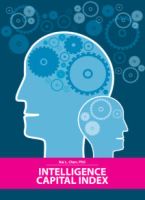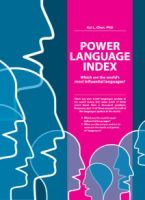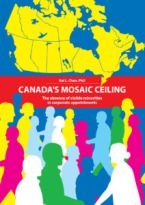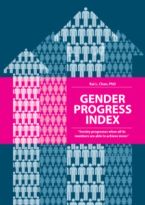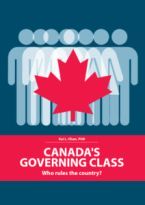This page is still work-in-progress
Policy-making is where economics intersects with government. Yet, few policymakers are trained in economic/scientific methods in policy-making and policy evaluation. Indeed, political leaders and senior decision makers are often elected or selected for their post on matters unrelated to merit or the needs of the post. Politicians in democracies are chosen typically in a “popularity contest”, where traits such as height, looks and charisma hold sway over competency and technical skills. Some see no defect to this phenomenon as elected leaders and decision makers often employ advisers and consultants to help them guide their way through decision making. Indeed, as politics is dominated by networking, public engagements and leadership, it can be argued that it is best to have those with these types of skills in office, leaving technical details best to be worked out behind the scenes by consultants and advisers. But this presupposes that: (1) Technicians do not possess these “front office” types of skills (even as they may be distributed in different proportions); and (2) Politicians cannot be trained on the technical details of informed decision-making.
Merit and meritocracy
Merit (noun) is defined as the quality of being deserving, and so it follows that a meritocracy is a society governed by leaders who are selected by merit. However, merit is a relative idea and there are competing views of what really defines merit, especially as merit is often viewed in alignment with success and accomplishment.
Technocrats and technocracy
A technocrat is a member of a technically skilled elite. It is often associated with skills in the sciences or scientific methods but also applies to other fields. A technocracy is a government or system of governance ruled by elite technical experts. It would seem logical that a meritocracy should lead to a governing class of technocrats, although technical elites may still lack the soft charm associated with leadership and governance.


